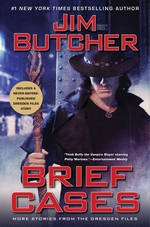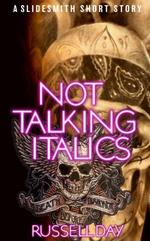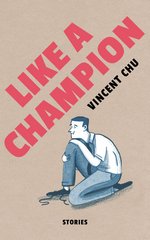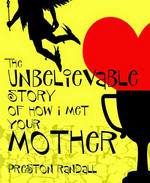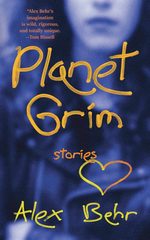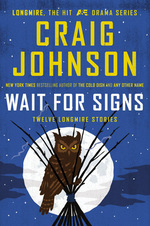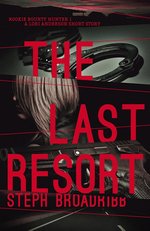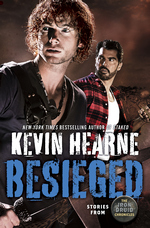I thought I had another week to get this up in time for the release — which was actually two days ago. This is why I’m supposed to trust what I write down (and consult that frequently) rather than what I remember.
—
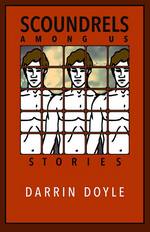 Scoundrels Among Us
Scoundrels Among Us
by Darrin Doyle
PDF, 284 pg.
Tortoise Books, 2018
Read: July 24 – August 6, 2018

The trouble I often have when talking about collections of short stories is just how to do talk about the collection as a whole. After tossing around some ideas, I think the easiest way to sum up my reaction to these stories is with his simple question: What was he thinking?!?!
Now sometimes I asked that question incredulously, sometimes in awe, sometimes in confusion, sometimes in bafflement, sometimes all of the above. But I kept asking it. Some of these are incredibly short, some are on the longer side — told from a variety of perspectives and in a variety of tones. So beyond my one question, I don’t know how to address them collectively. I won’t go into detail on them all individually (that’s just too many), but let’s take a look at some that stood out.
The collection starts with “Insert Name,” a story about the struggles of nonuplets growing up and then transitioning to adulthood in a very unexpected way. It impressed me, and made it clear that this wasn’t going to be a run-of-the-mill short story collection. By the time I got to the sixth entry, “Dangling Joe,” I knew a couple of things — Doyle’s mind doesn’t work the way most people’s does, and that I needed to toss out every expectation I had when I started each story. Whatever I was starting was going to be different from what had come before, and I needed to be ready for that.
The highlight of the book is “If the Invisible Man Dies and Nobody Sees it, Does He Really Die?” This is impossible to describe, but brilliant. He does so many things in this story — in addition to telling a compelling story — that I can’t sum it up easily. Give me 15 pages or so, and I’d be willing to give it a shot. It’s one of the best things I’ve read this year.
My notes on “Twilford Baines, Buck Hunter Unbounded” were simple, “that’s really good.” I just re-read it to see if I could expand on that, and no, I really can’t. It’s a story about a man hunting deer, who is forced into some concentrated self-reflection, and it’s really good. Re-reading it tempted me to push this off another day to re-read most of the stories, actually.
“Slice of Moon” was a great read, but personally frustrating. I think if you read it, you’ll agree. I can’t think of anything else to say without ruining it. If not for “Invisible Man,” it’d be my favorite story in the collection (given how annoyed he made me with it, however, maybe it was more effective than “Invisible Man,”).
I invoked Flannery O’Conner recently, and hesitate to do it again, however, I’m compelled to. Except for the explicit sexual content (which wasn’t really necessary), “Reborn” could’ve come from the pages of Everything That Rises Must Converge. It was powerful and strange and I’m glad I got to read it.
Were there some in this collection that didn’t work for me? Yes. There were some real clunkers — but there was nothing I wasn’t glad to read. As usual, some of the stories that didn’t work for me will work for you. And the one’s that sent me over the moon won’t do much for you (you’ll be wrong most of the time there — especially if you don’t love “If the Invisible Man Dies and Nobody Sees it, Does He Really Die?”). One thing I think everyone who picks this up will agree is: Darrin Doyle is a great writer and you should read his stories. You’ll probably also ask yourself “What was he thinking?” more than once. Go grab it.
Disclaimer: I was provided with a review copy of this collection in return for my honest thoughts and this post — which I appreciate..
—–



